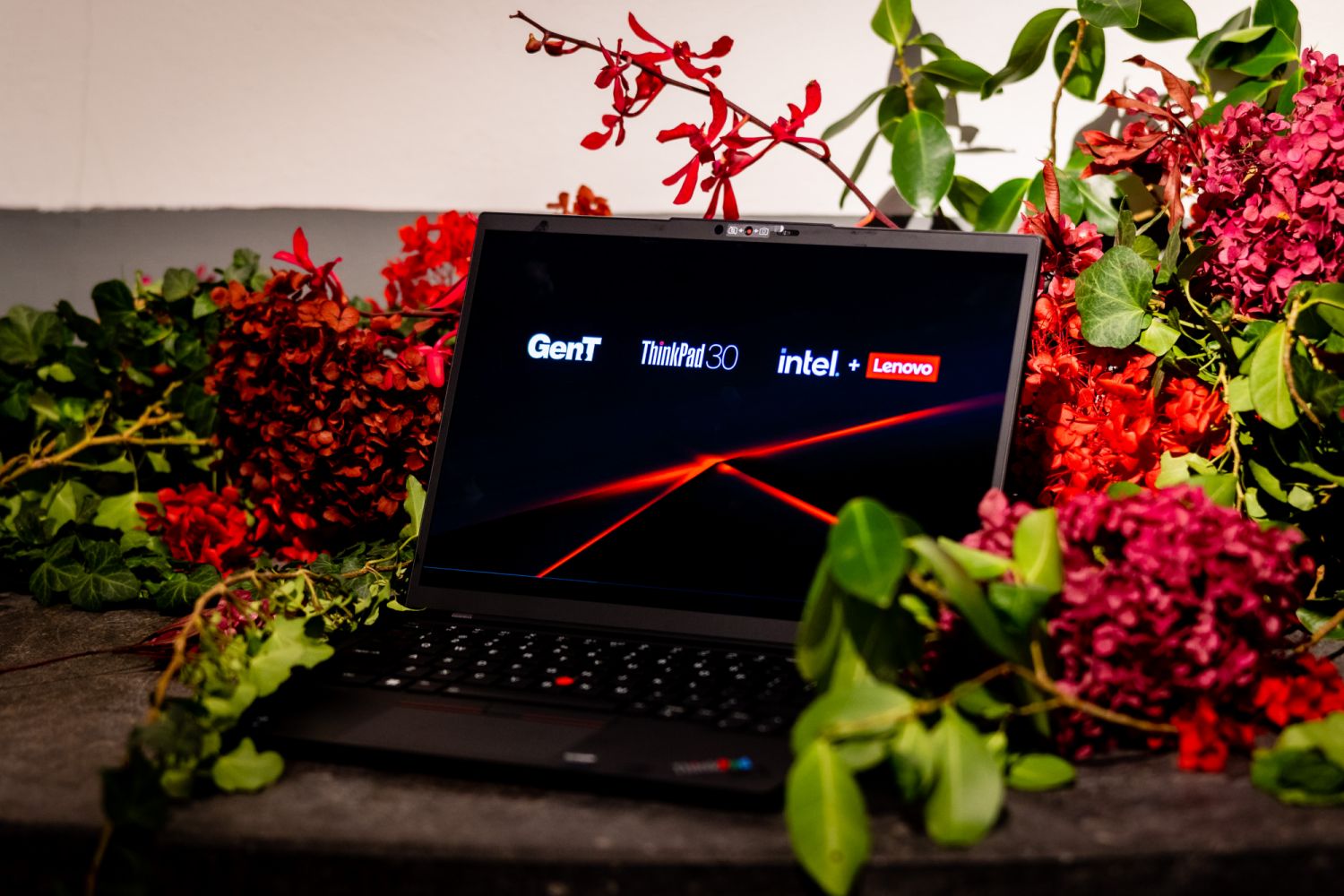Technology leaders and Gen.T honourees gathered at Como Cuisine in Singapore for the unveiling of a special edition ThinkPad before a panel on sustainability and innovation took centre stage
It is reported that over 70 percent of respondents from Lenovo’s Think Report 2022 believe that they can harness the power of technology to become better thinkers. Frankly, it’s no surprise, given that the global research study delivered a statistic that we reckon purpose-driven individuals can significantly relate to, as they strive for innovative ways to impact society positively.
The inaugural report was conducted with the 30th anniversary of Lenovo’s iconic laptop series, the ThinkPad. Typically identified by the red dot in the middle of its keyboard, the ThinkPad has been a trusty companion for entrepreneurs and leaders alike. Since its launch 30 years ago, it has also been synonymous with the realm of innovation and the ever-evolving field of technology.
“The ThinkPad series has been at the centre of the digital revolution,” says Fan Ho, general manager of Lenovo Hong Kong and Macau. “It has transformed millions of lives worldwide, allowing users to access their documents and other personal data from virtually anywhere and at any time.” Since launching in 1992, more than a hundred million units of ThinkPad have been sold worldwide.
Read more: 30 and Thriving: Lenovo’s ThinkPad Celebrates Three Decades of Innovation
The success of the ThinkPad—and Lenovo—is due to the company staying laser-focused on creating “purpose-driven innovations that aim to help our customers save time, improve comfort, enjoy better convenience, and build stronger connections in their daily lives”, says Ho.
“We strongly believe that good computer designs start with a focus on the human aspect, not just technology features. Such a focus allows us to create products that connect deeply with customers and create meaningful user experiences beyond comparisons on weight and performance.”















